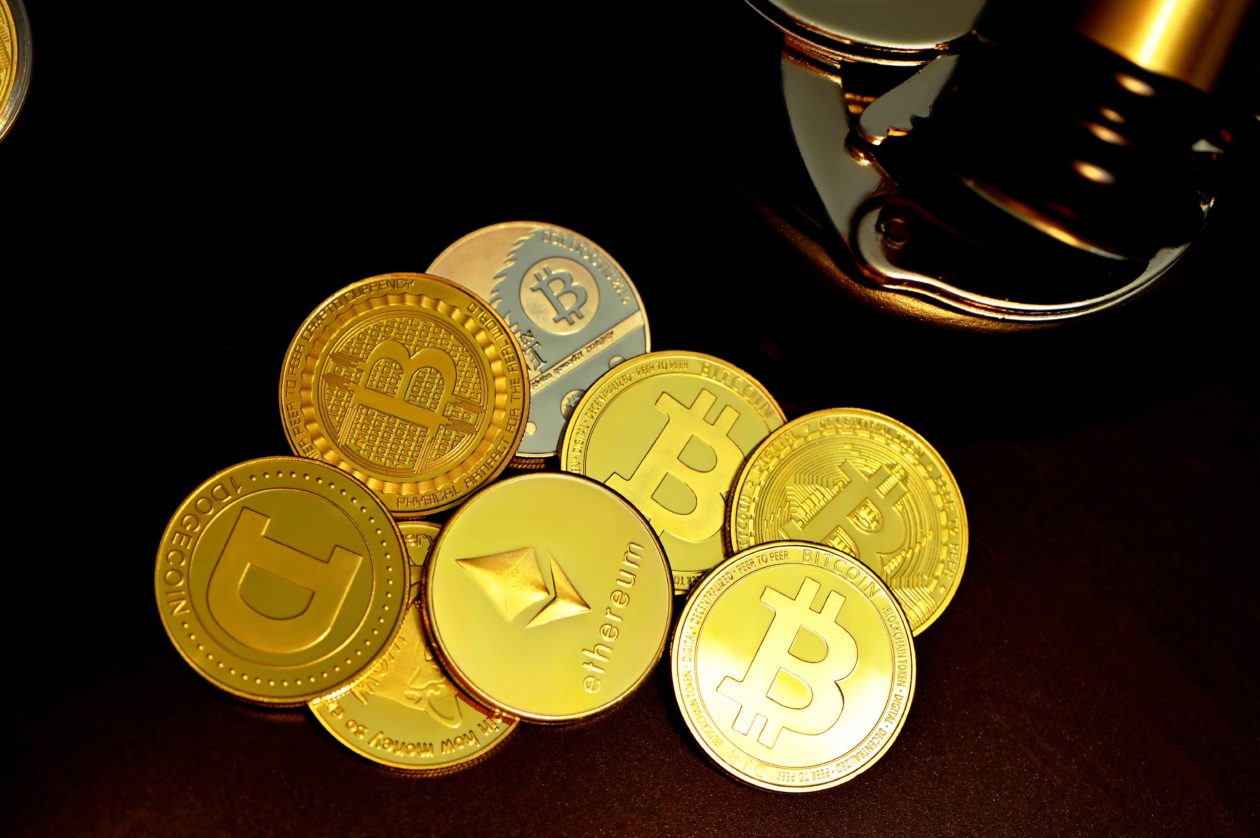Competition is increasing in the crypto realm as more and more non-crypto companies offer services related to digital assets. For instance, social media platform Twitter launched a tipping feature last month that allows users to tip others using cryptocurrencies. Others like payments giants PayPal and Square and investment and trading site Robinhood have been expanding crypto-related features.
Even companies that had earlier steered clear of cryptocurrencies are now embracing them. U.S. fintech giant Stripe, which stopped support for Bitcoin in payments, is now looking to rebuild its crypto team, according to the company’s job listings. Financial institutions, notably large banks and financial institutions like J.P. Morgan, Goldman Sachs, and Morgan Stanley have all delved into the crypto space in recent years.
This increasing participation of non-crypto companies in the crypto world is offering tough competition to existing crypto players. As more and more of these challengers introduce crypto features, they stand to attract a chunk of users from existing crypto firms, most of which rely heavily on trading fees for revenue. That has crypto exchanges increasingly looking to diversify revenue streams.
Coinbase, the largest crypto exchange in the U.S., for instance, is diving into the non-fungible tokens space, following in the footsteps of its rivals Binance and FTX. It announced today that it will soon launch its NFT marketplace aimed at improving user experience.
NFTs have garnered massive attention in the last year. From a mere US$13.7 million in 2020, NFT sales grew to over US$2.5 billion in just the first half of 2021. Artists, celebrities and companies — even traditionally non-crypto companies — are jumping onto the NFT bandwagon. From Visa to Coca Cola and from PayPal to Budweiser, companies are looking to leverage the benefits of NFTs to increase revenue and customer engagement.
Just this week, FTX, the third-largest crypto derivatives exchange, launched an NFT marketplace in the U.S. Its international NFT marketplace was launched in early September and was quickly inundated with spam fish NFTs. Binance, the largest crypto exchange in the world in terms of trading volume, launched an NFT platform in June.
Other NFT marketplaces that have gained popularity include OpenSea, the largest NFT platform in the world and faced accusations of insider trading in NFTs last month, Rarible, Foundation and Nifty Gateway, among others.
Coinbase NFT, a peer-to-peer marketplace, will help users create NFTs by “tapping a few buttons.” The initial launch of the marketplace will support Ethereum-based NFTs with support for other blockchains to follow. “We will make it effortless for artists to maintain creative control through decentralized contracts and metadata transparency,” Coinbase wrote in its blog post.
In addition to basic buying and selling features, Coinbase intends for its marketplace to provide a social platform for creators, artists and buyers to build a community. The personal feeds of users will be curated according to the interests on their profiles and will display their NFTs, helping them connect with people with similar interests. “The social element shapes the future by sharing passions, birthing new collaborations, and firing up the imagination,” the blog post said.
“Our ambition with Coinbase NFT is to allow everyone to benefit from their creative spark; to contribute to a future where the ‘creator economy’ isn’t a small subset of the ‘real’ economy, but a central driver,” Coinbase added.
This is not the first time Coinbase has attempted to expand its offerings to boost revenue. In June, Coinbase announced plans to launch a lending product, one that would allow select users to earn high interest on stablecoins. However, after receiving a formal notice of intention to sue from the U.S. Securities and Exchange Commission, Coinbase scrapped its launch.
Coinbase CEO Brian Armstrong’s tweet announcing the launch of the NFT platform attracted a number of responses slamming the company for its customer service. “You don’t have phone customer support as of now, how come you are advancing to NFT space,” a Twitter user wrote.
Such complaints may not surprise as Coinbase’s digital wallet received the third-highest number of complaints in the U.S. since 2017. According to complaints filed with the U.S. Consumer Financial Protection Bureau and reviewed by the Massachusetts Public Interest Research Group, the CFPB received 755 complaints against Coinbase’s digital wallet between 2017 and April 2021.
These complaints mainly point out issues with opening, managing and closing Coinbase’s wallet. The CFPB also received 2,182 additional complaints against Coinbase for its virtual currency products. These complaints noted problems with accessing tokens or retrieving money from Coinbase.
For instance, multiple users have been asking Coinbase about its Songbird tokens. A petition has also been started to demand an answer from Coinbase. All Coinbase users who participated in the XRP 2020 snapshot organized in December were supposed to receive free Songbird tokens. The petition claims that Coinbase has received these tokens owed to customers but has not yet revealed whether it will be distributing those tokens to users, the petition says.
Binance’s billion dollar plan
Binance’s regulatory problems are no secret. The exchange is in hot water across various jurisdictions including the U.S., where it is being investigated by the Commodity Futures Trading Commission for possible insider trading and market manipulation.
Binance has also pulled back under regulatory pressure from Singapore and Australia, while it is under scrutiny by regulatory authorities in Japan, Italy, Germany, the Cayman Islands and South Africa. The company is even considering a centralized headquarters to deflect regulatory heat.
Amid such turmoil, Binance is now looking to grow its business in other areas such as gaming, decentralized finance and virtual reality. To this end, Binance launched a US$1 billion fund on Tuesday to support the growth of the Binance Smart Chain ecosystem.
“BSC’s growth has attracted over 100 million users with its initial funding of $100 million,” Binance CEO Changpeng Zhao said. “With the additional contribution of $1 billion, BSC will be better equipped to disrupt traditional finance and accelerate global mass adoption of digital assets to become the first-ever blockchains ecosystem with 1 billion users.”
Half of the fund will be used for investments to grow decentralized computing, gaming, metaverse, virtual reality, artificial intelligence and blockchain-based financial services, Coinbase said. Of the remaining half, US$300 million will be used for a Builder Program to help build products on BSC while US$100 million each will be used for liquidity incentives and talent development.
“With the US$1 billion initiative, our focus will be widened to building cross-chain and multi-chain infrastructures integrated with different types of blockchains,” said Gwendolyn Regina, investment director of the BSC Accelerator Fund.
Under the new fund, BSC’s mentoring committee will provide guidance and support to help developers reach wider audiences, academic scholarships to institutions, and research and development of emerging technologies. Additionally, 100 innovative decentralized apps and infrastructure building on BSC will be mentored by top venture capitalists and provided funding opportunities.
The BSC community will also run regional and global hackathons, joint bug bounty programs and developer conferences. Binance added that the fund will focus the growth of BSC in regions that are rapidly embracing blockchain like Russia, India, Southeast Asia, Europe, the U.S. and South America.





